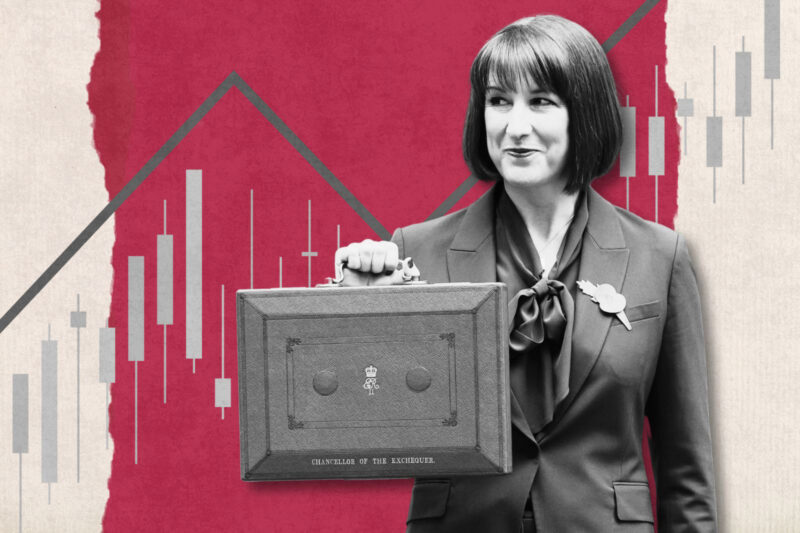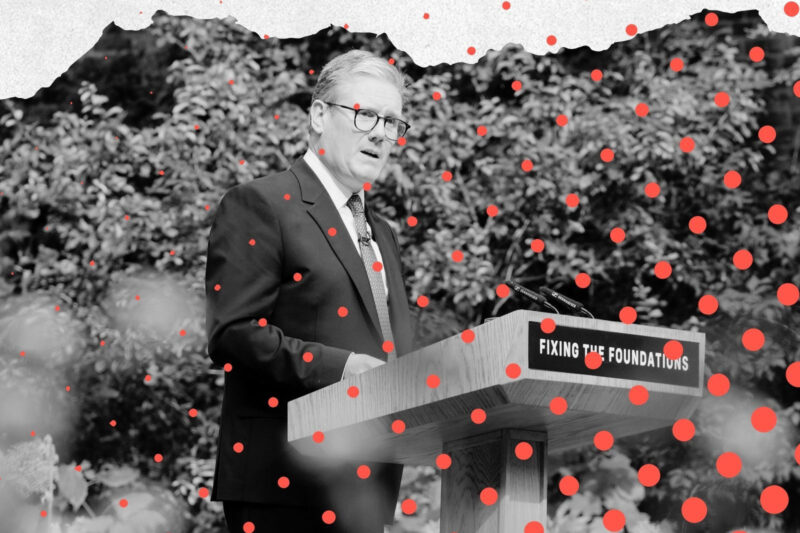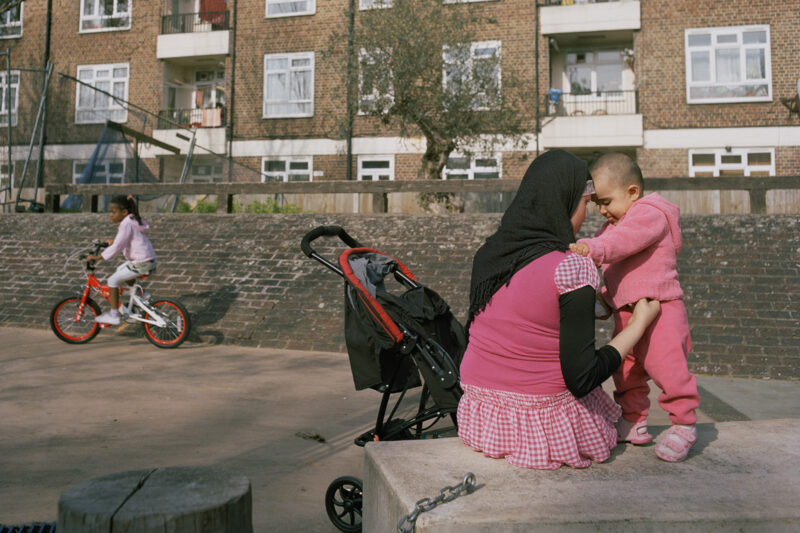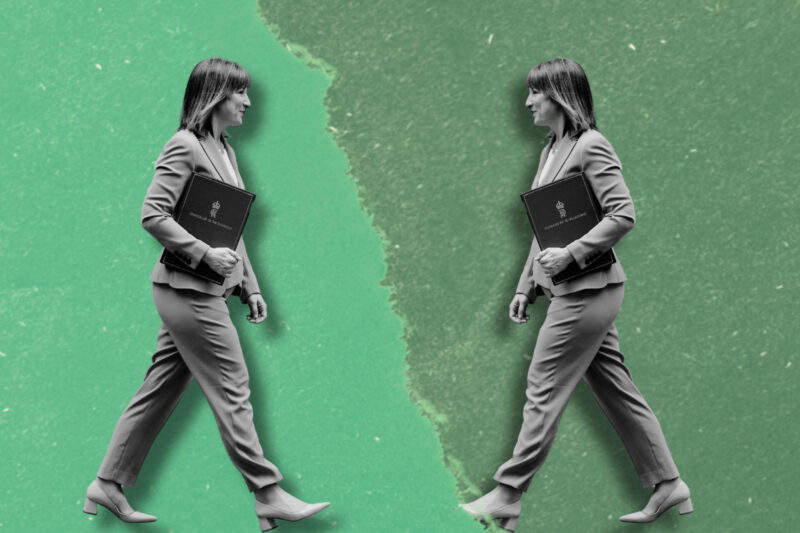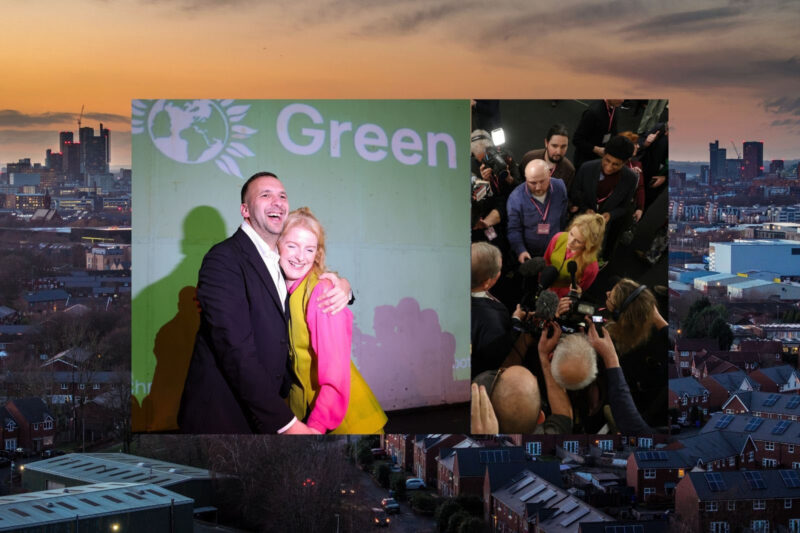The economy is healthier than thought — but that’ll be news to many
As Labour and the Tories fight for control of the narrative, millions are still desperately in need
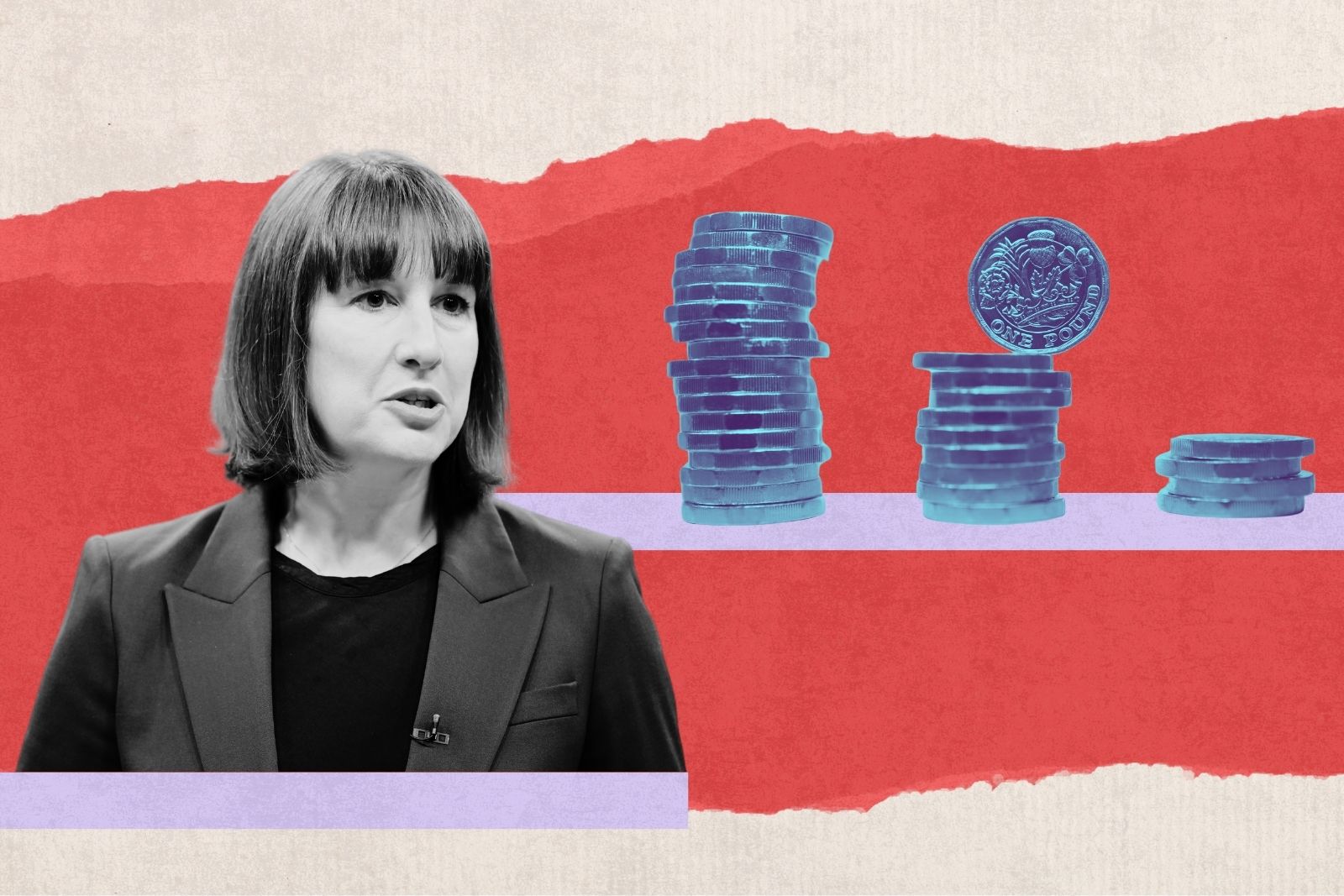
They say it is the economy that ultimately decides the fate of politicians and determines the success of governments. It is why Labour has been aggressively trying to shape the narrative on our current economic position since the moment it took office. This week, however, that got a little trickier.
While Labour continues to blame the Tories for what it says was mismanagement of the country’s finances, economic data from Wednesday and Thursday suggests things are slightly better than had been thought.
The latest GDP figures — which measure the total value of goods and services produced in the UK — show the economy grew by 0.6% over the past three months. That continues the momentum of the previous quarter, which saw a similar level of growth, and makes the UK the fastest growing economy in the G7.
This is particularly good news because the economy essentially stagnated from 2022 to 2023, and was technically in recession at the end of 2023. We have now seen two consecutive quarters of growth, the best back-to-back result since 2021.
It is not just GDP growth where the UK appears to be faring well. Unemployment unexpectedly fell, buoyed by an increase in part-time and self-employed workers; there is wage growth (albeit slowing, and driven primarily by finance and business services); and Wednesday’s inflation figures were stable (a slight uptick from 2% to 2.2%, but within the Bank of England target of 1% to 3%).
The numbers this week may be good for Treasury boffins, but the reality for many is vastly different. Citizens Advice told me earlier this week it estimates that five million people are currently in a “negative budget”, meaning they are spending more on basic essentials than they are earning. Speaking to me for ITV News, Emer Sheehy, a policy manager at the organisation, said the bureau was having to help thousands of people with their daily finances. The fundamental reality is that while the economy is now growing and the rate of price increases has come down, everything still costs considerably more than it did a few years ago and many are struggling to cope.
Sources close to the chancellor, Rachel Reeves, tell me they know this, and say solving it is a priority for the upcoming budget. While they refuse to speculate about what will be announced in October, economic growth, interest rate cuts and stable inflation are all likely to help their cause, softening the likely severity of any austerity-style measures the government might be considering while leaving the door open for the funding of further support to help those who are struggling.
A Labour government that has pinned its success on a growing economy will be relieved. As the party has pledged not to increase borrowing, and to bring down national debt, any public sector investment it wants to make requires growth. Given that the economic figures are much better than we have seen in recent years, you would expect to see a triumphant chancellor touring television studios and shouting from the rooftops.
But the election was just a few weeks ago, and that means Labour can’t take credit for any of it yet. Instead, given that the new government has repeatedly lambasted its predecessors for leaving the economy on its knees, ministers are having to be very cautious about being too positive. Hence the somewhat muted response this week, with Reeves and chief secretary to the Treasury Darren Jones both telling the BBC that they are “under no illusion” about the challenges ahead. Labour’s attack line for the Tories is that it received the “worst fiscal inheritance since the second world war” despite the growth figures, and will still need to deal with the mess it was left with. It points to inflation outstripping wages for quite some time, contributing to the cost of living crisis, as well as a £22bn “black hole” in the country’s finances supposedly due to the previous government not accounting for spending properly — a charge the Conservatives deny.
All of this is part of the political framing project that new governments tend to do: blame your predecessor for potential bad news, and take credit for future good news. The problem for Labour is that the good news has started to come a little too early — and the Tories seem willing to fight back on this quest to set the narrative. The former chancellor, Jeremy Hunt, defending his legacy, has called the latest figures “proof that Labour have inherited a growing and resilient economy” and that any attempt by Labour to “blame their economic inheritance [for] the decision to raise taxes… will not wash with the public”.
Senior Tory sources I speak to are hugely irritated by how this is playing out. They know that at the forthcoming October budget Reeves will blame the Tories for every unpopular decision she makes, much as George Osborne blamed Labour for his austerity measures. “It’s good politics but it is immoral,” a former Tory Treasury source told me on Thursday. The problem the Tories have is that, once a narrative is set in the electorate’s minds, it can be very difficult to convince people otherwise.
Shehab Khan is an award-winning presenter and political correspondent for ITV News
 Newsletter
Newsletter


